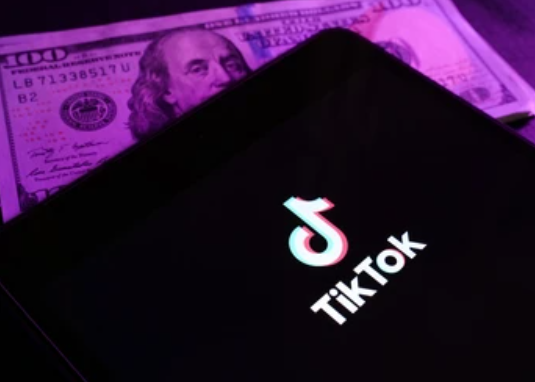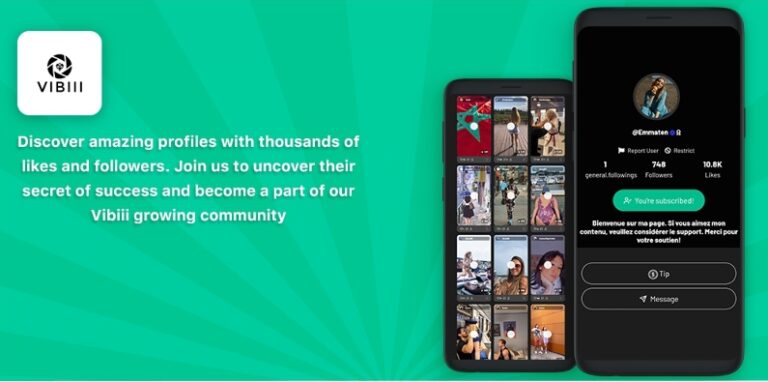Podcasts vs Blog: Understanding the details and what is best in 2024

Content creation is a vital aspect of digital marketing. Content is the king as they say in the digital marketing world because it gives an opportunity to project the brand, brand knowledge, brand expertise in the domain, and also create a loyal fanbase. Content can be of various kinds viz. image, videos, audios, text, mix-and-match, and so on but, the two prominent content types which haven’t gone out of fashion till date and still very much in the business are the Podcasts and Text Blogs.
Both podcasts and text blogs have their own pros and cons. However, with the digital marketing landscape changing rapidly, time to time either overpowers the other for a time being. It’s advisable to follow the trend and adapt to the content creation technique likewise. In this blog we will look into these two prominent methods of content creation and understand which is the best to use in 2024.
What is a Podcast?
Imagine an on-demand radio show you can access anytime, anywhere. That’s the essence of a podcast! Podcasts are episodic audio series covering various topics, from news and current affairs to niche interests and hobbies. Listeners can subscribe to channels through dedicated apps or platforms and download episodes on their smartphones or listen directly online.
As of 2023, an estimated 465 million people worldwide listen to podcasts monthly, with a projected increase to 504 million by 2024.
Pros of Podcasts:
- Engaging and Personal: Podcasts foster a sense of connection with the audience. The conversational format allows personalities to shine through, building trust and rapport with listeners.
- On-the-Go Content: Podcasts are perfect for multitaskers. Listeners can consume content while commuting, exercising, or doing chores, making them ideal for busy individuals.
- Emerging Market: Compared to blogs, podcasts are a relatively underutilized marketing tool. This presents an opportunity for businesses to stand out in a less saturated market.
Cons of Podcasts:
- Production Investment: Launching and maintaining a high-quality podcast requires equipment, editing software, and potentially hiring voice actors or remote guests. This can be a significant upfront investment for some businesses.
- Limited SEO Reach: Unlike blogs, podcasts are not directly indexed by search engines. This makes them less effective for attracting organic traffic through search queries.
- Metrics and Analytics: Measuring the success of a podcast campaign can be more challenging compared to tracking website traffic and engagement metrics on blogs.
What is a blog?
Think of a blog as an online journal or informational website. It features written content in various formats, including articles, tutorials, listicles, and news updates. Often incorporating multimedia elements like images, videos, and infographics, blogs offer a dynamic and engaging way to share information.
As of 2023, there are about 600 million blogs outside in the internet globally based on activities reported by WordPress, Tumblr, Blogger, Wix, Squarespace, and Medium. And this number is still growing.
Pros of Blogs:
- SEO Powerhouse: Blogs excel in search engine optimization (SEO). Optimized blog posts can rank higher in search results, attracting organic traffic and increasing brand visibility.
- Content Versatility: Blogs offer a broader field for content creation. You can combine text with various elements, catering to diverse learning styles and keeping your audience engaged. Using AI to generate content is also an option here.
- Scalability and Control: Blogs offer more control over content and publishing schedules. You can easily update existing posts, add new categories, and track your blog’s performance through analytics.
Cons of Blogs:
- Time Commitment: Creating high-quality blog content can be time-consuming, requiring research, writing, and editing. Maintaining a consistent posting schedule further adds to the workload.
- Attention Span Challenge: In today’s fast-paced world, capturing and maintaining reader attention can be difficult. Lengthy blog posts might not resonate well with audiences with limited time or who prefer quicker content consumption.
- Passive Consumption: Blogs require a dedicated effort from the audience to actively read and process information. This may not be ideal for individuals who prefer a more passive content experience.
Who is the winner: Blog or Podcast
There’s no clear winner here. Both formats have their strengths and cater to different preferences. Deciding which is “better” depends on your specific goals, target audience, and resources. While blogs are strong in SEO and content versatility, podcasts excel in engagement and on-the-go consumption. Ultimately, a strategic combination of both can be highly effective in reaching a wider audience and achieving your digital marketing goals.
There are various factors to be taken into consideration before deciding on what content you want to create. Factors such as:
- Target Audience
- Content Goals
- Resource and Expertise
- Budget
and many more.
Conclusion:
The digital marketing landscape grows on engaging content, and both podcasts and blogs offer unique strengths to capture your audience’s attention. This exploration has aimed to help you with the knowledge to navigate and make an informed decision.
Remember, the best content creation path isn’t a singular, definitive choice. It’s about understanding your target audience, goals, and resources to select the format – or even a strategic combination – that resonates most effectively. Discuss with your digital marketing company and see what suits you well.





